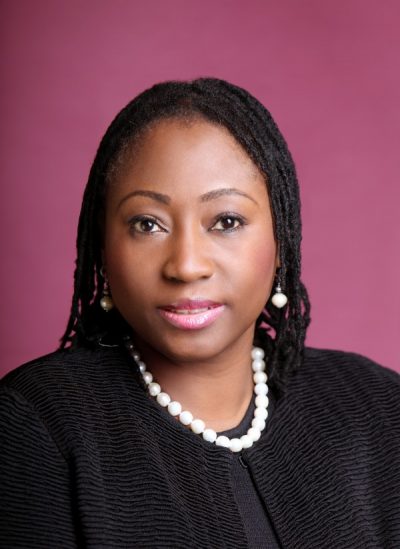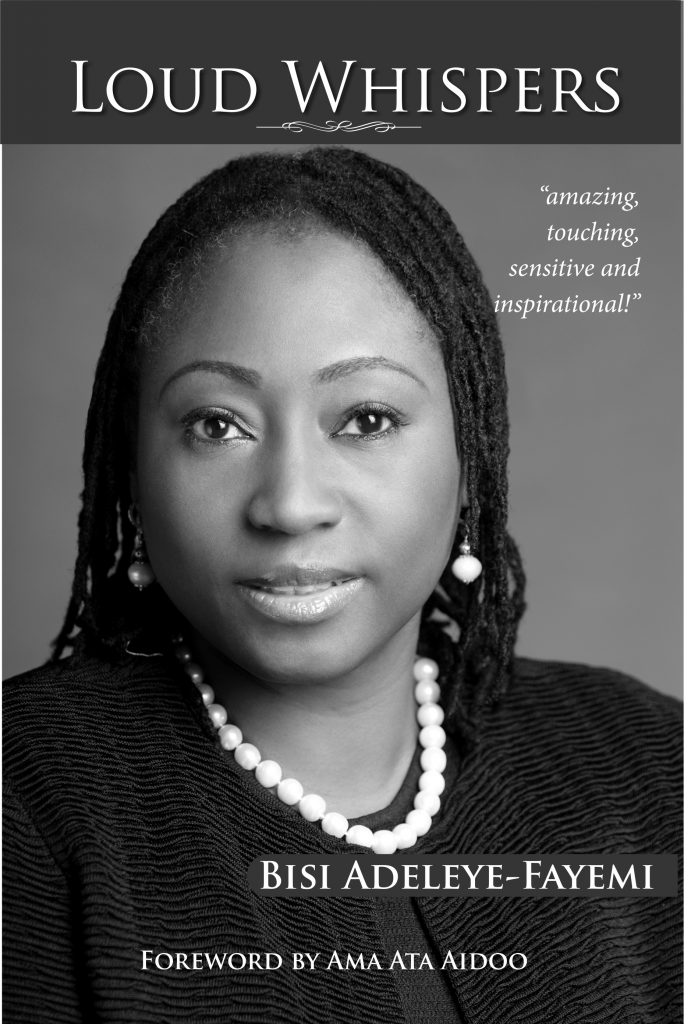As a little girl growing up in Liverpool, England where I was born, it did not occur to me that I did not belong there. There was a large community of black people in Liverpool, from Africa and the Caribbean. Majority of the Africans there were students, who also worked in order to put themselves through school and look after their families. My father was one of such students, he and my mother worked several jobs. My mother told me that one of the jobs she had was in a sausage packaging factory. That experience put her off eating sausages till this day. During the week I lived with my nanny Jessie Edwards and spent weekends with my parents. Then the bullying started at school. When I got tired of the abuse, I promised my schoolmates that I would change my skin colour. I asked Jessie if she could wash me with bleach so that I would be white like everyone else. The kind, no nonsense lady was horrified. She went with me to the school the following day and gave the teachers an earful. Of course they claimed they did not know I was being bullied. With the help of my father who taught me about the value of my heritage and Jessie who was one of the rare gems of her generation who welcomed children from all races and cared for them while their immigrant/student parents worked, I learnt to develop an understanding of what it meant to have different identities.
I left Liverpool with my parents when I was six, and except for the occasional summer holiday, I returned to live in London nineteen years later. London is of course very different from Liverpool. Everyone belongs in London. In the 1970s and 1980s, there was a concerted effort to promote multi-culturalism across the UK and use it as a means of enabling migrant communities have a voice in issues affecting them. Local government authorities gave grants to ‘Black, Migrant and Ethnic Minority Groups’ for a range of community development programs. One of such programs was the funding for Akina Mama wa Afrika (AMwA ) an organisation established by African women in 1985 to provide support services in the UK and development links with social movements in Africa. I was so committed to the idea of working in an organisation for and by African women, I left my job in the civil service to run AMwA.
Bisi Adeleye-Fayemi is a Gender Specialist, Social Entrepreneur and Writer. She is the Founder of Abovewhispers.com, an online community for women. She can be reached at BAF@abovewhispers.com



11 Responses
I have been waiting for this write up because i knew it would be linked on how to make Nigeria better. When it comes to politics, there are always hidden agendas, people with selfish interests and i feel that is what is playing right now in the Brexit issue. Once the mind of the people can be filled with false informations then it is easy to influence their will. The decision has been made and of course the brouhaha has begun. My hope is that we learn from their mistakes, but how can we when corruption is the root of evil in our dear nation. New leaders in all spheres with the right mindsets are seriously needed.
Still trying to digest the article…. So am observing.
Politics is one of the dirtiest game one can ever think of, and most people come into politics because of their own selfish interest. The level of cynicism has to be reduced before a country like Nigeria can get better!
politics is more than what we think it is in this country. I believe Nigeria can get better one day. I believe in the greatness of Nigeria.
Happy when I see Africans not forgetting their origin even when they are out of Africa….its passion for life that will make an individual make way fellow individual… Nigeria will be better am so sure of that,God bless us all
@Olakunle Olajide I must say you stole the words from my mouth, and we can start by being the selfless and transparent leaders that we hope for in our own way.
The only way Nigeria can get better is for the supporting institutions (Police, judiciary, the legislative arm, the civil service, private sector) to get stronger and the public to be better informed. We (the masses) need to demand performance and accountability from our elected leaders instead of fighting for the crumbs from their tables.
Speaking of the US, Donald Trump is the offspring of the GOP tea party rhetoric. Some of the influential party members in their hatred of Obama created the “Trump monster”. Hopefully, the November election will not be like the Brexit where the citizens will be googling “what is the job of the president of the USA?”
House can you please enlightened me more on this British exit. I have listened to the news on CNN as well but couldnt still comprehend. What exactly is this British exist? Why British exist? And for what reason?
@Dseed Within 24 hours, Nigel Farage of the UKIP was backtracking on promises about how billions would be saved from Brexit and ploughed back into the UK healthcare system. When he was told that many people voted on that premise, he said ‘they were mistaken’. That is just one of the wrong premise given to the people coined from the article. I will advice you read the article again.
@Taiwo i totally agree with you but the selfless and transparent act doesn’t go down well with other executive members at least from the little experience i had when i was in school. I was an executive member in my hall when the INEC election took place in 2011 and it wasn’t palatable. The system is so so rotten that the future leaders don’t have a will of their own. Back to the Brexit issue, i wish them good luck.
Just as the writer has said, those who voted in support, must have thought they were protecting their self-interest (selfishness), without the foresight of how it would affect the coming generation. It’s sad that they didn’t think through the implications of their action, which I’m sure must have been borne out of their prejudices against immigrants, even from other European countries. I’m just curious to know how much this new policy would affect the UK.